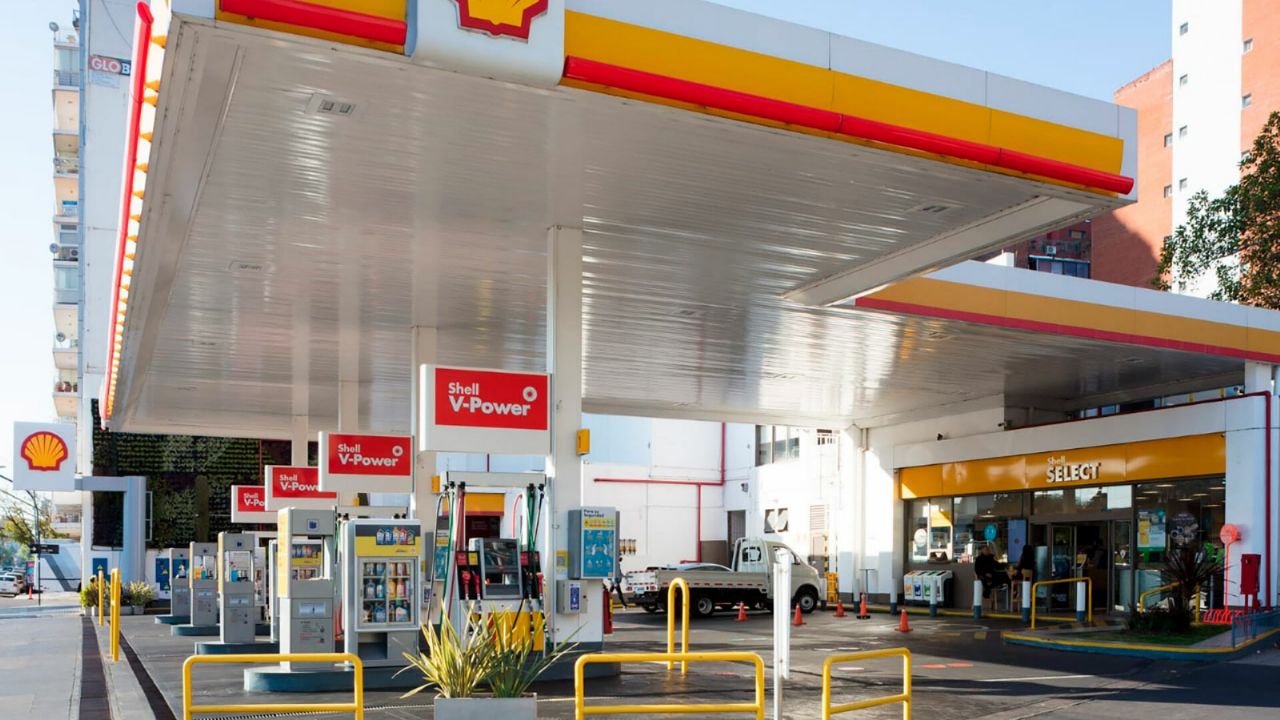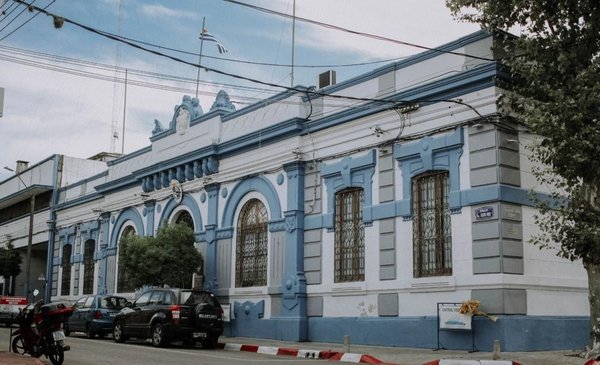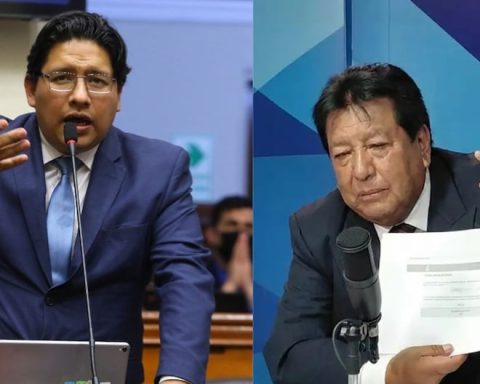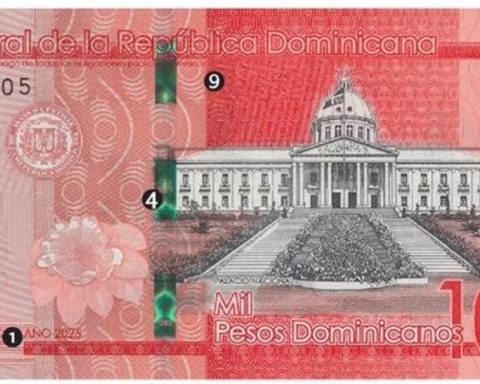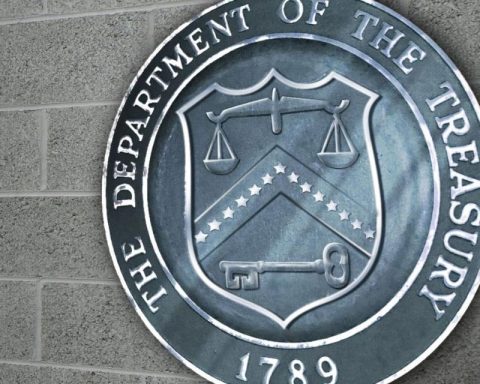As of 00:00 this Wednesday, an average increase of 3.8% began to apply for fuels of Shellan increase that was announced hours after the INDEC (National Institute of Statistics and Censuses) announced the inflation for February.
The 3.8% increase in Shell occurs within the framework of the Fair Prices agreement that the oil companies with the Government at the end of last year and through which fuel increase ceilings were set, with the aim of not impacting the price index as much.
In this way, after Shell start applying the new increase, the rest of the oil companies are expected to do the same during the day or this week.
Although the agreement ends with the March increase, for now, the Government has not confirmed or ruled out whether it will implement new negotiations with the oil companies, since its goal is to contain the escalation of prices.

In January and February it was Shell the one that led the rise and was followed by other oil companies, such as Axion, YPF and Puma. For this reason, it is expected that the rest of the companies will also increase their fuels in the next few hours.
It should be remembered that in previous months the rise in fuels was 4% and that, within the understanding, it was agreed that the scheduled increase would be applied as of the 15th of each month, to avoid a greater inflationary impact.

In exchange, the State promised to guarantee access to foreign currency for companies, especially for the supply of lubricants. In addition, it agreed to temporarily reduce taxes on fuel imports, in order to guarantee supply for the agricultural sectors.
How much was the price of fuel?
After the 3.8% increase in the oil companyThis is also expected to happen with the rest of the companies at the national level. In this way, prices at service stations in the City of Buenos Aires were above $160.

The prices per liter are as follows:
- Super gasoline: $169.40.
- Premium gasoline: $214.50.
- Common diesel: $190.90.
- Premium diesel: $256.09.
